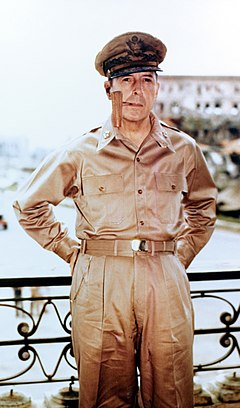Ab-Titchaz
JF-Expert Member
- Jan 30, 2008
- 14,631
- 4,225
- Thread starter
- #21
McChrystal anataka kuwa McArthur?
Obama better pull a Truman. Those who do not learn from history are condemned to repeat it.
Love that comment....I remember McArthur's issue during the WWII and this one might play out like
that. Obama made a good move now lets wait and see.
